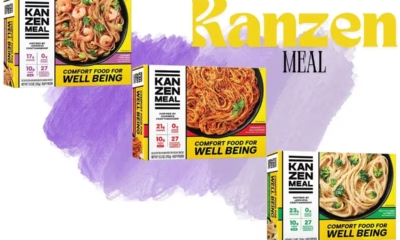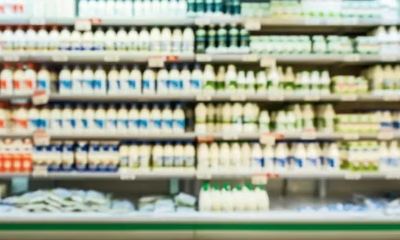Dairy
Protein Powder Alert: Whey Stands Out as the Safer Option

A recent study from the Clean Label Project has raised significant concerns over the safety of protein powders in the U.S. market. Nearly half of the products tested were found to contain dangerous levels of heavy metals such as lead and cadmium. Surprisingly, plant-based protein powders, often marketed as healthier alternatives, were found to have the highest contamination levels, while whey protein emerged as the safer and more reliable choice.
Contamination in Plant-Based Proteins
The study reveals that plant-based proteins—including soy, pea, and rice—are more likely to absorb heavy metals from the soil. Several factors contribute to this, including:
- Fertilizers and pesticides used in cultivation.
- Industrialized farming practices.
- Poor soil quality controls, which even organic farming can’t always mitigate.
In particular, chocolate-flavored supplements—regardless of the protein source—were found to have higher contamination levels. This is due to cocoa’s strong ability to absorb heavy metals from the soil.
Whey Protein: A Safer, High-Quality Option
In stark contrast, whey protein powders demonstrated significantly lower levels of heavy metal contamination. According to the study, less than 30% of whey-based products exceeded California’s Proposition 65 limits for heavy metals, compared to nearly 80% of plant-based products.
Whey, a byproduct of cheese manufacturing, undergoes a rigorous filtration process that removes impurities, ensuring a purer product. This process preserves whey’s high bioavailability and its complete profile of essential amino acids, making it a superior option for health-conscious consumers.
Opportunity for the Dairy Industry
These findings present a strategic opportunity for the dairy industry. With whey protein being produced under stringent quality standards, it not only meets the growing demand for effective dietary supplements but also addresses food safety concerns in the industry.
Conclusion
The Clean Label Project report sheds light on an important food safety issue but also presents an opportunity for whey protein to solidify its position as the gold standard in quality and trust. By choosing whey, consumers can feel confident that they are not only investing in an effective supplement but also opting for a safer solution in light of the challenges associated with plant-based proteins.
For more updates on dairy market trends and forecasts, explore more news on this website.





















